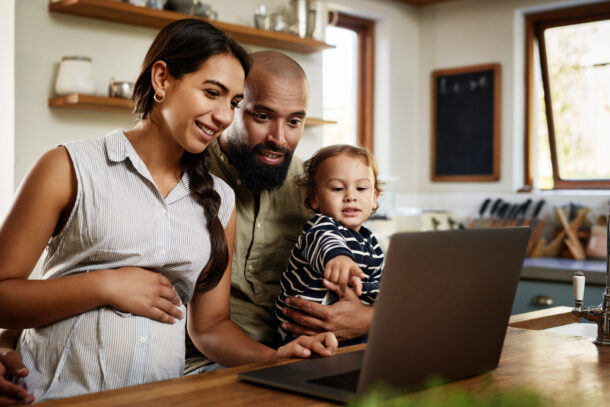Addressing fear and uncertainty
As we adults (and older teens) start getting our COVID vaccines, we’re flirting with ideas of going back to a normal life that may or may not include traveling, movie theaters, going to the office, and running errands with a bare face. But how does this anticipated transition feel to everyone? Kids who are 4 or 5 years old have spent a quarter of their life (and maybe all of their life they can clearly remember) in quarantine. As a result, they’ll probably have a harder time adapting to what to us feels “normal” and to them feels unsafe, risky, and vulnerable.
As I’ve been considering what I want to do now that I’m vaccinated, I asked my daughter where she wants to travel next. She looked at me a bit aghast and responded with more concerns than excitement. I felt sad. And it hit me that this transition will be something of note to her.
Back when we started this COVID life, I struggled to find the words to explain everything to her. Why we needed to stop our group hangouts, why she couldn’t go back to school, why we had to wear masks, and more. It was outside the scope of her ability to understand and she felt scared and worried about the unknown. There was so much fear surrounding what might happen and what we didn’t know. We both felt uncertain and we both struggled with the transition into the new way of life.
Now, we’re starting to talk about why we can start thinking about hanging out with friends again. And maybe even kids outside the pod school. We’re discussing that pod school is ending and next she’ll be back at “real” school. We’re talking about why some people aren’t wearing masks anymore and how someday we won’t either. This, exactly, as it was more than a year ago, is outside the scope of her ability to understand and she feels scared and worried about the unknown. There is so much fear surrounding what might happen and what we don’t know. We both feel uncertain and we both will struggle with the transition into the new way of life.
COVID will be our kids’ shared generational traumatic event. Their childhoods—and futures as a result—will be shared by this past year or so. And there is so much unknown that is yet to happen. Some kids will be set back in school, many families have experienced economic changes that will take generations to correct, we will have to re-learn not to be fearful of getting in close proximity of one another. Some aspects will stay forever while others will correct themselves as soon as we’re allowed to do so. We may wear masks in large, crowded places (like a concert and at an airport) for a long time. But we’ll be dining inside restaurants as soon as those tables open up to us.
I realized through this conversation about simply taking a flight together that the transition BACK to “real” life will be as lengthy and difficult as the transition AWAY from it. And it will need to be done with support and care.




